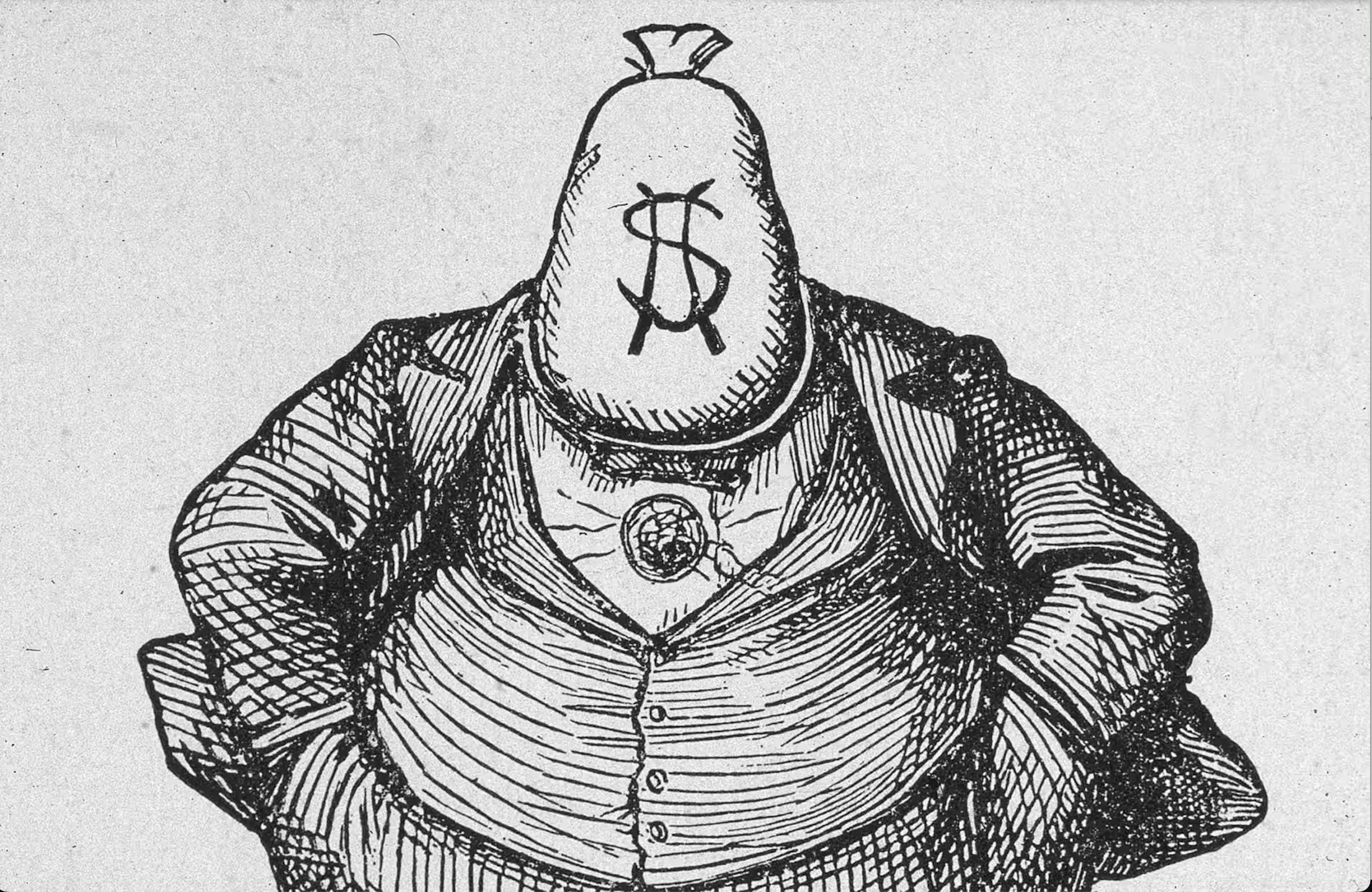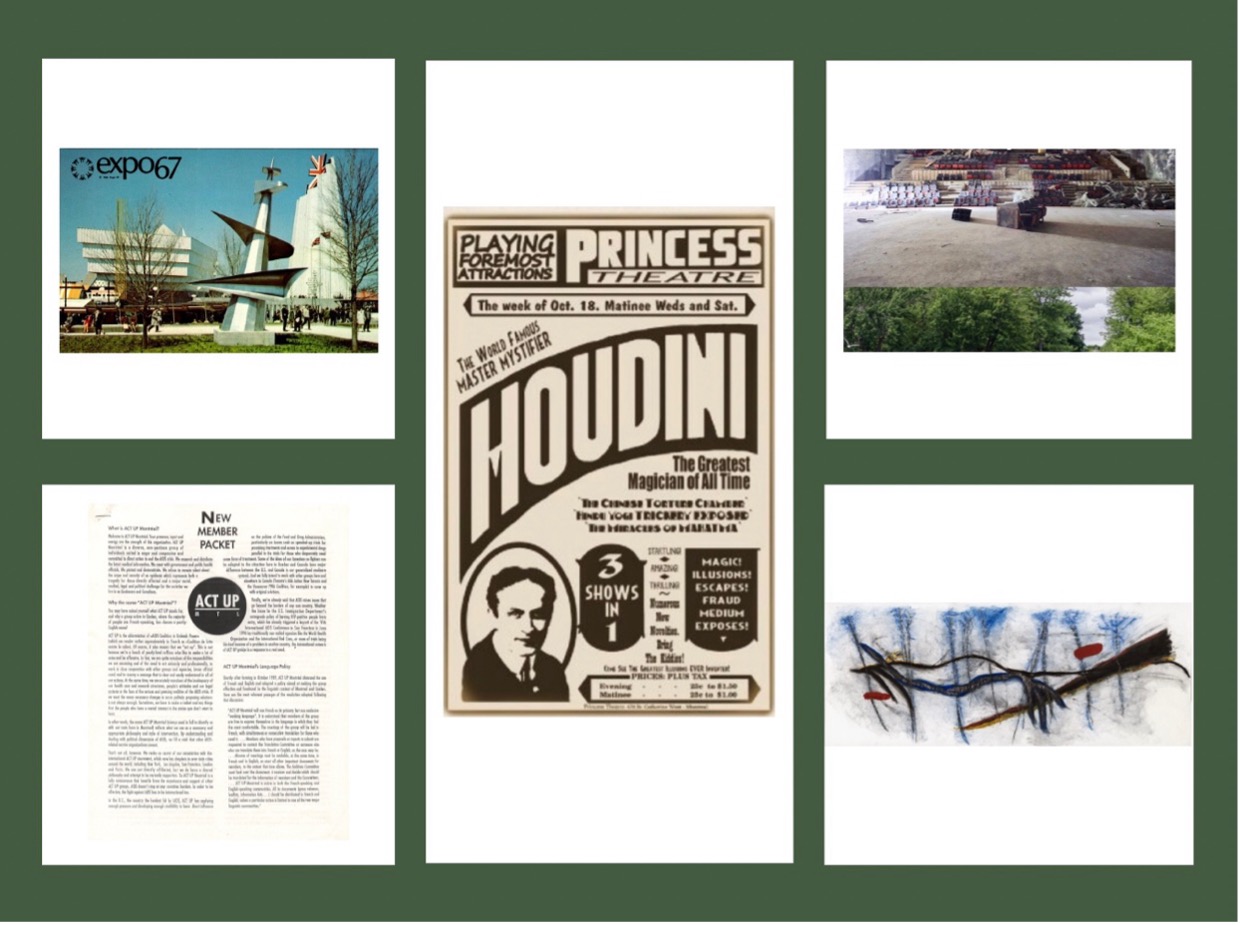HIST 481/A (Fall 2025): ADV STUDY IN PUBLIC HISTORY
Montreal Performing Arts and Archives
Advanced Seminar in Public History
HIST 481 * HIST 665/A
Clockwise: Expo ’67 postcard, Princess Theatre 1926 poster, Empress Theatre (Cinema V)—currently scheduled for demolition;
score by interdisciplinary artist symon henry, sky and canopy at Théâtre de la verdure, Parc Lafontaine, reopening in summer 2022
Class location: Hall Building H 609 SGW
Wednesdays, 2:45 PM - 5:30 PM
Dr. VK Preston (they/she): office LB 1041.17
Office hours: Mondays 1:30-3:30 PM or by appointment
Book office hours here
This interdisciplinary seminar explores Montreal’s performance landscape, from grassroots community gatherings to avant-garde experimentation. Students examine how embodied practices—including protests, nightlife, street performance, parades, and everyday social interactions—function as sites of cultural memory, transmission, and historical knowledge.
The course challenges conventional boundaries between archive, body, and history by investigating both highly visible and marginalized performance forms. We study how cultural expressions in sacred and secular contexts, from conceptual art to clubbing, create and preserve cultural memory across communities.
Working with theoretical frameworks and hands-on research methods, students engage Montreal's rich performance ecology through multiple disciplines: dance, music, theatre, circus, street performance, and social practices. Course participants will be encouraged attend local events and develop individual and group projects using creative, media-based, and written approaches.
All assignments emphasize original research methodologies, with students conducting archival work and/or experiential, performance procedures in Montreal collections or field sites. This approach expands understanding of how performance shapes cultural identity and historical narrative in urban contexts. The seminar also contests and interrogates limits and cultural definitions of performance.
Territorial Acknowledgement:
I would like to begin by acknowledging that Concordia University is located on unceded Indigenous lands. The Kanien’kehá:ka Nation is recognized as the custodians of the lands and waters on which we gather today. Tiohtià:ke/Montréal is historically known as a gathering place for many First Nations. Today, it is home to a diverse population of Indigenous and other peoples. We respect the continued connections with the past, present and future in our ongoing relationships with Indigenous and other peoples within the Montreal community.
__

